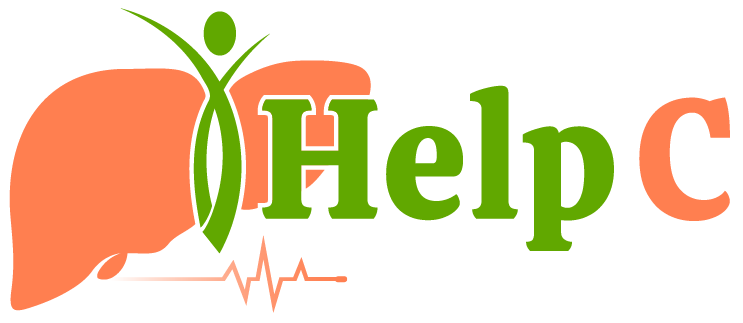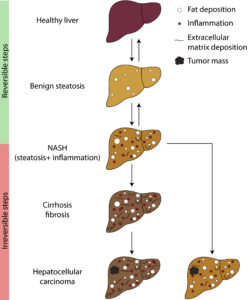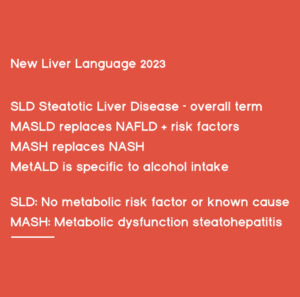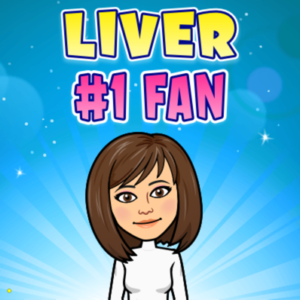We’ve all done it. That may be how you found my website. A thought or question pops in our mind, and within seconds our fingers type keywords into a search engine. One story leads to another until we have wasted hours reading about things that we can’t change. It’s called doom scrolling as it relates to local or worldwide news. Today, we will talk about what is medical doom scrolling and how to quit before we get over stressed and feel even worse.
What is Medical Doom Scrolling?
So doom scrolling is described as the habit of reading about tragic, sad, and depressing news. Medical doom scrolling then, is the habit of following the worse case scenarios. It might even become a morbid fascination with knowing what the worst possible outcome could be.
It can start anywhere. We may be bored and just reading on the internet. Sometimes it starts when we are on social media and see a post where someone has a similar condition to ours. We may have a medical appointment and wonder about our lab values. Often times we want to be informed before we talk to our doctor. I know that after an appointment, it’s important to chat with out friends who have the same liver disease problems that we do.
Click Bait and Medical Doom Scrolling
Search engines are trained on our conversations, social media likes on Facebook, instagram, or wherever. It is common to find articles related the ones we have read or even talked about. I’m not being a conspiracy theorist when I say that. My husband and I will have a conversation about an item or topic and we both log into our phone or computer and find those exact items in a newsfeed or media post.
Reading online is NOT a problem. It helps us get more information. Getting on the internet and learning how to save my own life was a good thing. Starting a website to share my best tips and experiences with others was a great idea and one that continues to help myself and others. We have to watch our thoughts and decide what we will do with the information we are reading about.
Our mind likes to predict and will begin to weave a story about any type of an outcome so quickly. We can go from information gathering to doom scrolling. Here are a few tips to make sure that we use the information we gather wisely and quit using it as something that can discourage us.

What is Medical Doom Scrolling and How to Quit
Try to read positive stories from optimistic viewpoint. We can bookmark pages that tell the truth, but also manage to show how to get the best outcome.
Set a time limit. We can use our phone to set a 30 minute alarm. When it goes off, it is time to get up and move around a bit.
Ignore clickbait. There are many websites with ads that will lure us to read about something similar. It often leads down a rabbit hole. That’s why I have never sold ads at Ihelpc.com.
Pay attention to your body’s signals. If you find that stress is creeping into your shoulders or neck, it’s time to get up. Perhaps your heart rate increases or you feel sick to your stomach. Our mind can feel anxious and pass our pain to our body.
Keep a pen and pad nearby. While reading, make notes about what is important to remember. If there are no smart takeaways, it may not be a story that is worth lingering over.
Just Say No to Doom Scrolling Stories
Reading online about your liver health can save your life. Finding a website that leads you to making positive changes is worth hanging out in. There should be no gloom and doom stories on this website. Even through liver cancer, I was telling the truth AND looking for the silver lining. If you have any topics that you are curious about, let me know in the comments below.
I’m back to teaching full time now, but enjoy writing and chatting with my friends from the liver disease community. Are you a doom scroller? Any advice for others? Xo Karen







